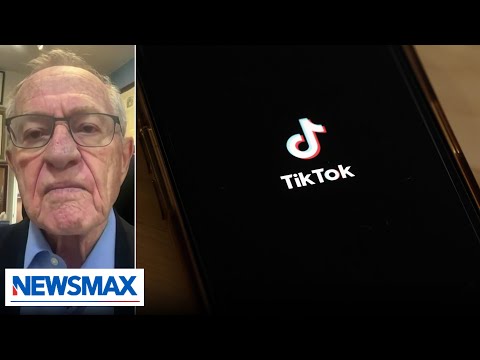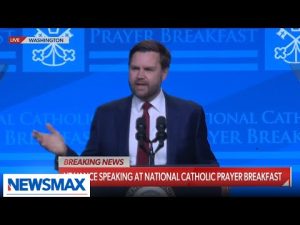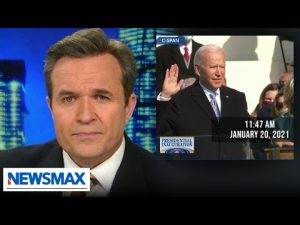Recently, a heated discussion sparked about the nature of a deal between Israel and Hamas, which many are calling extortion. The conversation revolves around the struggles that Israel faces as it tries to navigate a tough situation with a terrorist organization holding hostages. An expert, Professor Alan Dershowitz, shared strong opinions regarding the morality and legality of such negotiations, pointing out that they may not be true “deals” at all, but rather desperate measures forced upon a nation in peril.
Dershowitz compared these negotiations to dire scenarios where a person is confronted with a life-or-death decision, like paying a kidnapper to save a loved one. He passionately argued that when one party is essentially holding another at gunpoint, any agreement reached is not a fair deal but a result of coercion. He highlighted the difficult position Israel is in, as they strive to save hostages while also considering the long-term security implications of such exchanges.
Past experiences have left Israel cautious. A notable case is when they traded one soldier, Gilad Shalit, for 900 terrorists. The outcomes of such decisions have arguably led to more violence and loss for Israel. Professor Dershowitz emphasized that when a democratic nation has to make these kinds of choices, it compromises its safety and stability. He firmly believes that those who support groups like Hamas, including some university students, are complicit in these dangerous negotiations, echoing sentiments from history that those who enable violence allow it to propagate.
Shifting to domestic issues, the conversation moved to the Supreme Court’s recent ruling regarding TikTok. Concerns surrounding the popular social media platform revolve around potential propaganda and data collection by the Chinese. While some expressed disdain for the app, arguing it doesn’t contribute positively to society, the fundamental issue was about free speech. Dershowitz provided a compelling argument that while TikTok may have its flaws, regulating it could set a dangerous precedent for free expression in America.
The discussion underscored the importance of protecting First Amendment rights, even for platforms that many individuals may personally disagree with. The necessity to find a solution that could potentially keep TikTok operational in the U.S. was noted, especially if this involves finding an American owner. Many see the reality of the situation as a balancing act between protecting citizens from potential harms and maintaining the fundamental rights that define the nation.
In summary, the discussions surrounding Israel and Hamas’ deal underscore the heavy weight of decisions made under duress, while the situation with TikTok reminds us of the complexities involved in regulating technology in our lives. Both issues tie back to the heart of democracy—the challenge of protecting citizens while upholding their rights, all while navigating a world filled with threats and expanding digital spaces. The insights of experts like Professor Dershowitz shine a critical light on these intricate battles, showing the importance of thoughtful deliberation in times of unrest.



